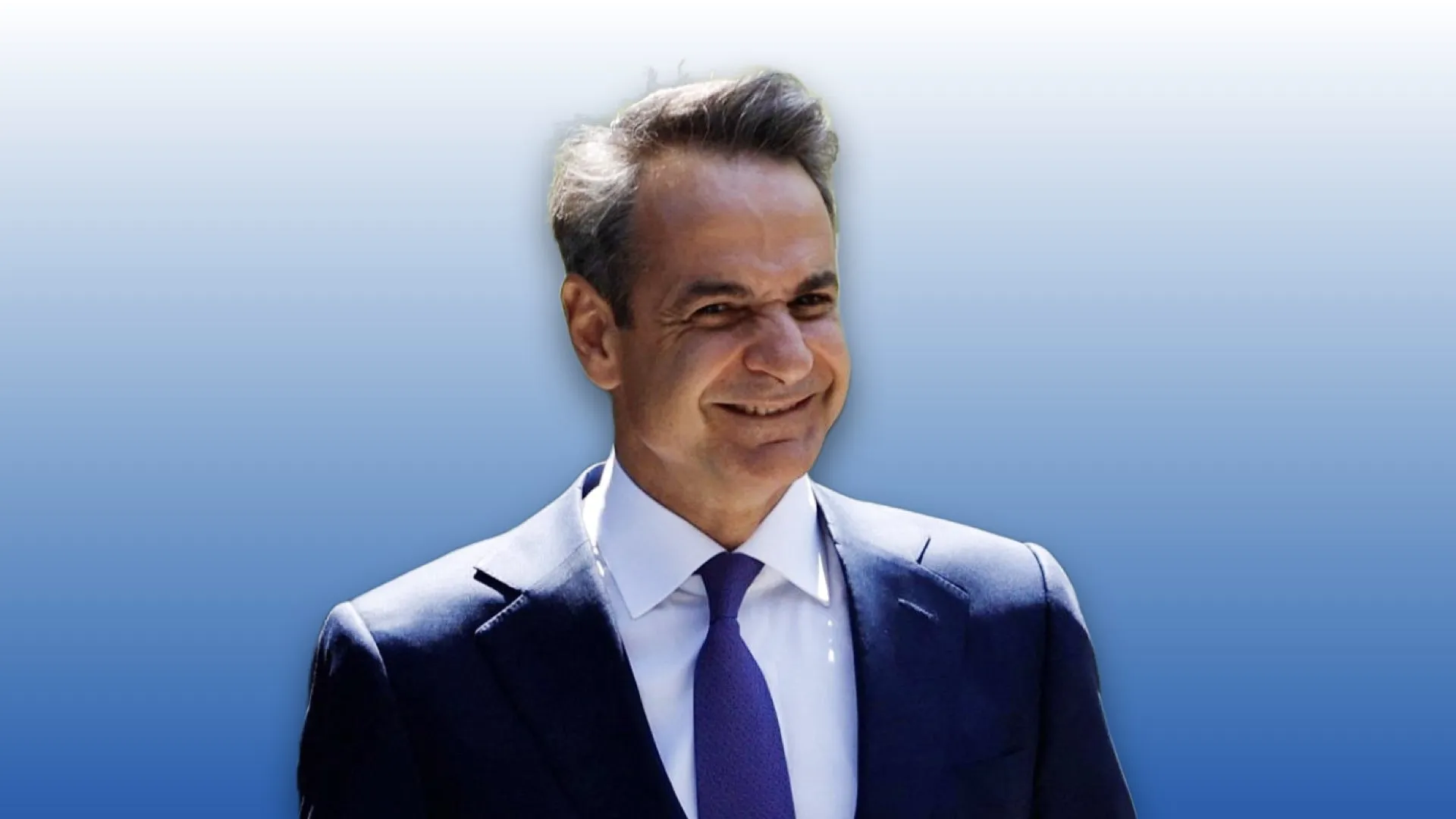Kyriakos Mitsotakis’s focus on economic growth and job creation has resonated with Greek voters, leading to his party’s convincing victory in the elections. Mitsotakis, backed by New Democracy, now has a safe majority in parliament to swiftly implement major reforms and continue Greece’s upward economic trajectory.

Greece’s conservative New Democracy party, led by reformist Kyriakos Mitsotakis, has won the country’s legislative elections with a massive win. Voters have given Mitsotakis a second term as prime minister, granting his party over 40 percent of the vote. The left-wing Syriza party, his main rival, suffered a crushing defeat with under 18 percent of the vote. The results indicate that economic concerns were paramount in the minds of Greek voters, with Mitsotakis’s party gaining their trust for its economic growth plans and promises of job creation. The landslide victory gives Mitsotakis a strong mandate to proceed with major reforms.
English Translation: I thank the Greek men and women for their trust. Now I feel a heavier duty to serve the country with all my strength. I never promise miracles. But I assure you that I will remain true to my national duty with planning, dedication, and hard work.
Kyriakos Mitsotakis hailed the election results as a “strong mandate” for his party. With a safe majority in parliament, he emphasized that major reforms would be implemented rapidly. Under Mitsotakis’s leadership, Greece has experienced economic growth since 2019, outperforming other European Union member states. New Democracy has convinced voters that it can restore Greece’s investment-grade status and reduce the cost of borrowing. The message of economic confidence, trust in international markets, and job opportunities resonated with the electorate, securing Mitsotakis a second term and a solid base to push forward with his reformist agenda.
Despite a recent migrant shipwreck tragedy that claimed the lives of hundreds of people, economic issues took precedence over immigration concerns in the election. Voters were primarily focused on the economy, and New Democracy successfully positioned itself as the party capable of driving growth, lowering unemployment, and improving Greece’s international financial standing. Mitsotakis’s pledge to attract investment, foster business-friendly policies, and reduce borrowing costs resonated with voters. The belief that economic stability could keep Greek youths at home and provide a brighter future played a significant role in the party’s landslide victory.
Kyriakos Mitsotakis, a Harvard University graduate and scion of a prominent political family, has solidified his position as a strong leader within Greek politics. His previous term as prime minister, marked by economic recovery and a turnaround in the country’s fortunes, positioned him as a safe pair of hands. Mitsotakis’s party, New Democracy, not only won by a large margin but also secured a majority in parliament, thanks to the new electoral law granting bonus seats to the winning party. This increased parliamentary strength strengthens Mitsotakis’s ability to implement his reform agenda and pursue the promised major reforms.
While Kyriakos Mitsotakis enjoys a commanding victory, challenges lie ahead. The lack of a strong opposition raises questions about pluralism, accountability, and transparency in Greek politics. Alexis Tsipras, the leader of Syriza and Mitsotakis’s main rival, failed to convince voters, resulting in a weakened opposition. The rise of fringe far-right parties, such as the Spartans, Greek Solution, and Niki, signals a potential disruption on issues of nationalism, migration, and foreign policy. Mitsotakis’s government must navigate these challenges while delivering on his promises of reform in the judiciary, health, education, and public sector.
The economic success achieved by Mitsotakis’s administration during his first term served as a foundation for his second term. Greece’s GDP has been on the rise, and unemployment rates have steadily decreased. Mitsotakis aims to build on these achievements by implementing further economic reforms to attract investment, create jobs, and strengthen Greece’s international competitiveness. His plan includes reducing bureaucracy, streamlining regulations, and improving the business environment. The focus on a pro-business agenda has been well-received by both domestic and international investors, as demonstrated by the increasing foreign direct investment in the country.
Another key area of emphasis for Mitsotakis is the modernization of Greece’s public sector and judiciary. Reforms in these sectors are crucial for ensuring transparency, efficiency, and equal access to justice. By addressing these issues, Mitsotakis intends to enhance Greece’s governance and increase trust in public institutions. Additionally, he plans to invest in education and healthcare to improve the quality of services and create a skilled workforce that can drive economic growth.
Mitsotakis’s victory also holds significance for Greece’s position within the European Union. The prime minister has expressed his commitment to maintaining a strong partnership with the EU while advocating for Greece’s interests. He aims to strengthen Greece’s voice within the EU, particularly in areas such as immigration, economic policies, and regional security. Mitsotakis’s pro-European stance aligns with the majority of Greek voters, who see the EU as crucial for Greece’s stability and economic progress.
Greece’s parliamentary elections have solidified Kyriakos Mitsotakis’s leadership as he secures a second term as prime minister. With a resounding victory for New Democracy, the party’s focus on economic stability, growth, and job creation resonated with Greek voters. The result provides Mitsotakis with a strong mandate to implement major reforms and transform Greece’s image as a pro-business and forward-thinking nation. However, challenges in the form of a weakened opposition and the rise of fringe parties await Mitsotakis’s government, requiring skillful navigation and delivery on his reform promises to ensure a prosperous future for Greece.
Stay connected with Today On Globe for the latest Global Issues and News Updates.
Explore more related articles at [TOG News / TOG Article]













